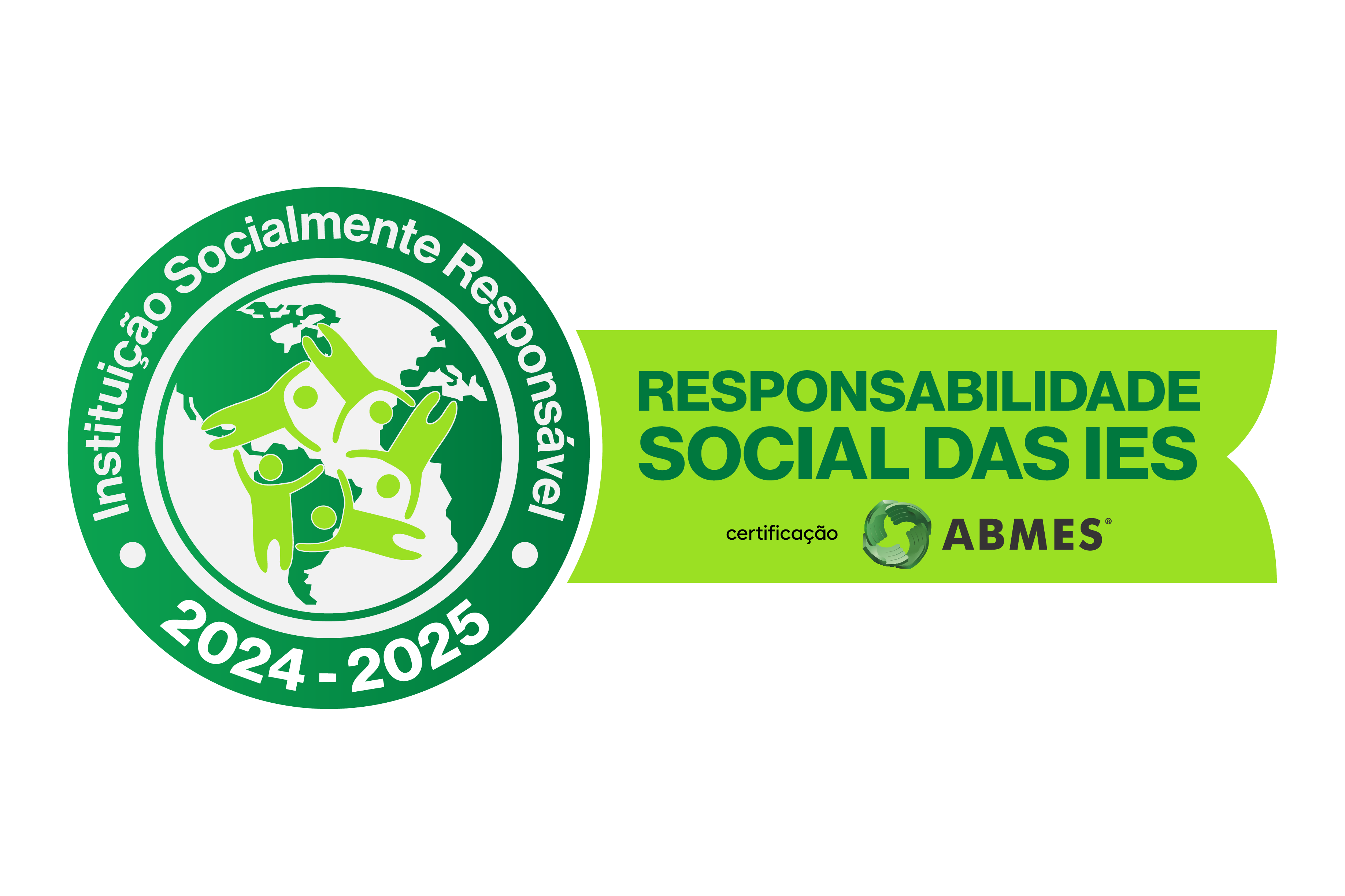Sociedade Rawlsiana e minorias sociais
Rawsian Society and social minorities
Abstract
This article is the result of a reflection on the demands of minority groups from the Rawlsian perspective. The question posed is how this proposal could ensure that the real demands
of women and the LGBTQIA+ community are addressed in liberal democratic societies, grounded in the principles of justice as fairness. I estimate that Rawls' theory can contemplate such claims. Although the intention of the author was to draw an ideal theory, to demonstrate my hypothesis I will address the following concepts: justice as fairness, person, citizen, veil of the ignorance, overlapped consensus, basic deliberation, freedoms and basic goods. I think that this conceptual field, when considered in power to decide levels where the veil of ignorance will not be present, it would offer the necessary guarantees so that the subjects treated in these instances had a reply in accord with equitable justice.
Downloads
References
CAPOTORTI, F. Study on the rights of persons belonging to ethnic, religious, and linguistic minorities. New York: United Nations Edition, 1991.
FILHO, N. S. P. Direitos Humanos: Doutrina – Legislação. São Paulo: Editora Método, 2009.
FOSTER, E. (ed.). Kant's Transcendental Deductions: The Three Critiques and the Opus Postumum. Stantford: Stanford University Press, 1989.
RAWLS, J. Justice as Fairness. Philosophical Review. n. 67, 1958, p.164-194.
_________. A Theory of Justice. Cambridge: Harvard University Press. 1971.
_________. (1980). Kantian Constructivism in Moral Philosophy. Journal of Philosoph., 77(9): pp.515-572.
BANDA, F.; CHINKIN, C. Gender, minorities and indigenous peoples. In: Minority Rights Group International. London: Kavita Graphcs, agosto, 2004.
CAPOTORTI, F. Study on the rights of persons belonging to ethnic, religious, and linguistic minorities. New York: United Nations Edition, 1991.
FILHO, N. S. P. Direitos Humanos: Doutrina – Legislação. São Paulo: Editora Método, 2009.
FOSTER, E. (ed.). Kant's Transcendental Deductions: The Three Critiques and the Opus Postumum. Stantford: Stanford University Press, 1989.
RAWLS, J. Justice as Fairness. Philosophical Review. n. 67, 1958, p.164-194.
_________. A Theory of Justice. Cambridge: Harvard University Press. 1971.
_________. (1980). Kantian Constructivism in Moral Philosophy. Journal of Philosoph., 77(9): pp.515-572.










